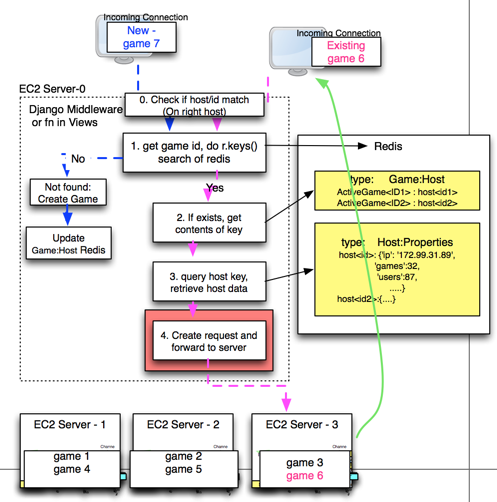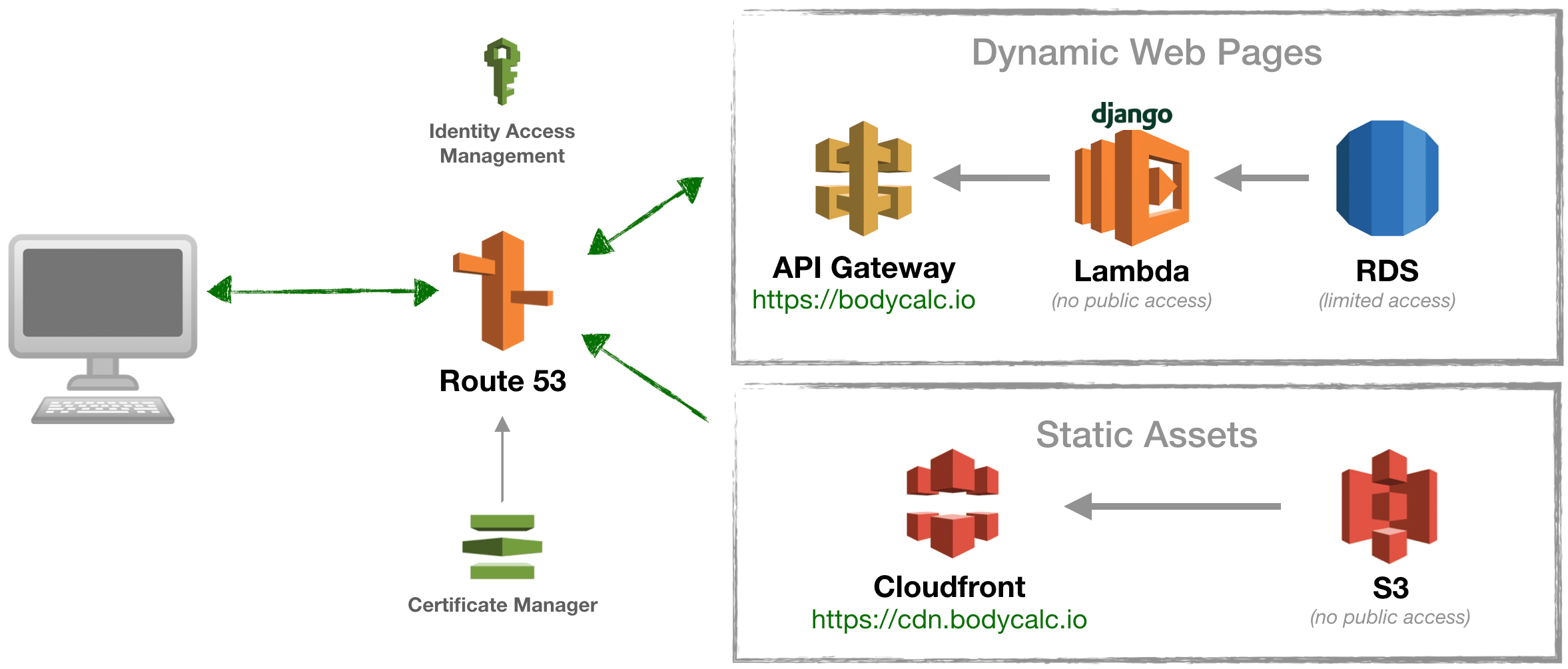Django
 Sai Aneesh
Sai Aneesh
Django, a high-level Python web framework, has gained immense popularity among developers for its rapid development capabilities, scalability, and emphasis on clean design. Let's delve into the intricacies of Django, its role in the developer community, and its future prospects.

Understanding Django: A Comprehensive Overview
Django follows the Model-View-Template (MVT) architectural pattern, which promotes code reusability and maintainability. It provides a robust set of features out-of-the-box, including:
ORM (Object-Relational Mapper): Simplifies database interactions.
Admin Interface: A built-in admin panel for managing website content.
Templating Engine: Creates dynamic HTML templates.
URL Routing: Efficiently maps URLs to Python functions.
Security Features: Built-in protection against common web vulnerabilities.
These features, combined with Python's readability and versatility, make Django a preferred choice for web developers of all levels.

Django's Impact on the Developer Community
Django has fostered a thriving community of developers who contribute to its growth and share knowledge. Its extensive documentation, active forums, and numerous tutorials have made it accessible to beginners and experienced developers alike.
The framework's popularity is reflected in its widespread adoption by startups, enterprises, and government organizations. From content management systems to social networks, Django-powered applications are ubiquitous.
Django's Role in the Future of Web Development
While the web development landscape is constantly evolving, Django remains a strong contender. Its focus on rapid development, scalability, and security aligns well with the demands of modern web applications.
Integration with Modern Technologies: Django is compatible with various frontend frameworks (React, Angular, Vue) and can be integrated with cloud platforms like AWS, GCP, and Azure.

API Development: Django REST framework (DRF) makes it easy to build robust APIs for interacting with frontend applications.
AI and Machine Learning Integration: Django can serve as a backend for AI-powered applications, handling data management and serving predictions.
The Django Job Market
The demand for Django developers has been steadily increasing. Companies across industries are seeking skilled Django professionals to build and maintain their web applications. While the exact salary figures can vary based on experience, location, and company size, Django developers generally command competitive compensation packages.
Challenges and Considerations
Despite its numerous advantages, Django is not without its challenges:
Performance Optimization: For high-traffic applications, performance optimization might require additional attention.
Monolithic Architecture: While Django can be used for monolithic applications, it's essential to consider microservices architecture for large-scale projects.
Staying Updated: The Django ecosystem is constantly evolving, requiring developers to stay updated with the latest features and best practices.
Conclusion
Django has established itself as a powerful and versatile web framework. Its ability to accelerate development, coupled with a strong community and a wide range of applications, makes it a compelling choice for developers. As the web development landscape continues to evolve, Django's adaptability and the skills of its developers will be key factors in its continued success.

There's also a movie named after Django.
Thank you for reading till here. If you want learn more then ping me personally and make sure you are following me everywhere for the latest updates.
Yours Sincerely,
Sai Aneesh
Subscribe to my newsletter
Read articles from Sai Aneesh directly inside your inbox. Subscribe to the newsletter, and don't miss out.
Written by
